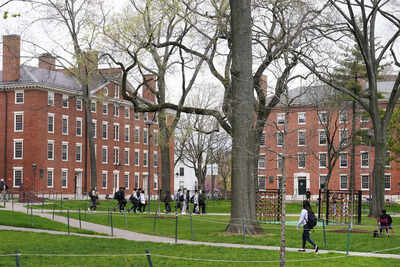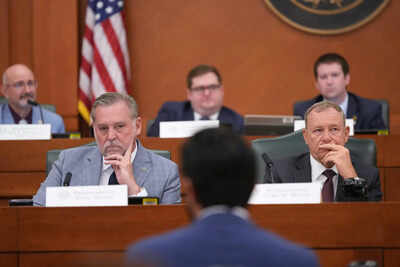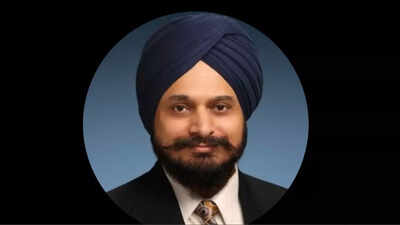Harvard Social Science dean Lawrence Bobo steps down: David Cutler to serve as interim dean through 2027

Harvard’s Faculty of Arts and Sciences (FAS) is undergoing a leadership shakeup at a critical moment. Lawrence D. Bobo, Dean of Social Science since 2018, will step down from his role and take a sabbatical during the 2025–26 academic year. The decision, confirmed in an internal communication by FAS Dean Hopi E. Hoekstra, comes after Bobo took an unplanned leave in spring 2025 due to personal reasons. His departure marks the end of a six-year tenure that blended administrative leadership with moments of sharp debate within the faculty.In Bobo’s absence, noted economist and public policy expert David M. Cutler ’87, who stepped in as interim dean earlier this year, will remain in the role for two more academic years. A formal search to appoint a permanent dean will begin in fall 2026, extending Cutler’s interim term through mid-2027.
Budget pressures grow
The timing of this leadership transition is significant. FAS is currently navigating a period of fiscal restraint, triggered in part by federal scrutiny under the Trump administration and broader pressures on university funding. In response, the school has frozen spending on non-essential capital projects and instructed departments to keep budgets flat for fiscal year 2026.Faculty have been directed to develop contingency plans in the face of anticipated shortfalls, with the Social Science division asked specifically to prepare for a possible 20% cut. As interim dean, Cutler has taken on the difficult task of leading these conversations, becoming the messenger for both structural reform and unpopular decisions.In March 2025, he announced the removal of senior leadership at the Center for Middle Eastern Studies, a move that drew attention both for its administrative implications and for the faculty tensions it reflected. With deep roots in Harvard’s governance, Cutler brings institutional knowledge, policy experience, and academic leadership from prior roles, including his tenure as divisional dean from 2003 to 2008.His background in health economics and public policy—including roles advising Presidents Clinton and Obama and shaping the Affordable Care Act—has made him a well-regarded figure across multiple schools within Harvard, including the Kennedy School and School of Public Health.
Bobo’s tenure and legacy
Lawrence Bobo’s leadership of the Social Science division was shaped by both academic progress and internal disagreement. A respected scholar of sociology and African and African American Studies, Bobo focused on reinforcing research excellence and fostering interdisciplinary collaboration. His time as dean was marked by an emphasis on racial equity in scholarship, departmental growth, and engagement with undergraduates.However, his tenure was not without conflict. Bobo drew criticism from faculty peers for suggesting that some forms of academic speech should be subject to institutional limits. Many argued that such proposals threatened Harvard’s tradition of academic freedom. Additionally, he opposed efforts to create a faculty senate—a move seen by some as necessary to increase faculty voice in university governance. Bobo maintained that the existing governing structures, particularly the Harvard Corporation, should instead be reformed to include more faculty engagement.Despite the tensions, Bobo’s impact on the division is viewed as substantial. He played a central role in navigating the early phases of post-pandemic academic planning and helped sustain programmatic momentum during a politically charged and financially uncertain period.As Harvard moves into a new chapter of administrative planning and cost-cutting, the continuation of Cutler’s interim leadership is expected to offer both stability and strategic oversight. With the social sciences facing external pressures and internal calls for reform, the next two years will be critical in shaping the future direction of the division—and the type of leadership it will require next.





